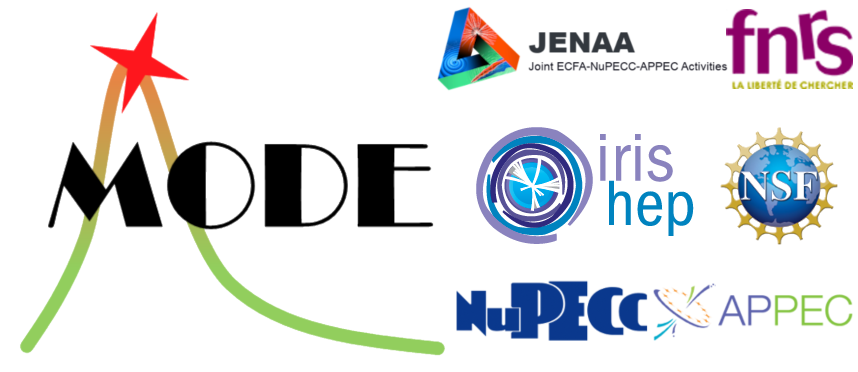Speaker
Description
The integration of artificial intelligence (AI) into scientific research is reshaping discovery across disciplines—from protein folding and materials design to theorem proving. These advances mark AI’s evolution from a computational tool to an active participant in scientific exploration.
Quantum physics represents a particularly promising frontier for AI-driven discovery. As we push deeper into the quantum realm, the combinatorial design space of possible experiments expands rapidly. This, combined with the counterintuitive nature of quantum mechanics, often surpasses human intuition. The resulting difficulty in exploring this complex space poses a major challenge to both fundamental research and practical quantum technologies.
Here, we demonstrate how AI can help address these challenges to discover new quantum setups. We introduce two highly efficient digital discovery frameworks: PyTheus and esQueranto. PyTheus generates interpretable experimental designs for complex quantum tasks, often producing setups that human researchers can readily understand and implement. In contrast, esQueranto is optimized for practical applications and can efficiently explore real-world experimental configurations. We hope our approach will accelerate progress in quantum optics and inspire new directions in quantum hardware and technology.
